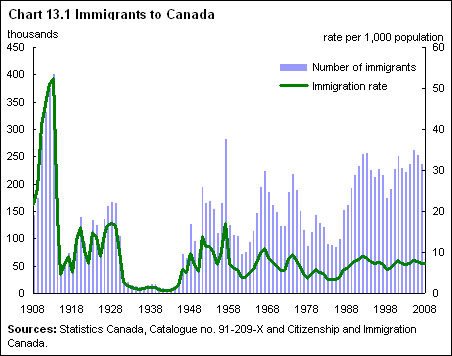As the year winds its way to a close…
who are we kidding? Second semesters end with a crash and a bang, and we’re not winding down so much as rapidly deteriorating as we frantically write term papers and prepare (read: cram) for finals.
But I digress.
Ahem. As this year of CAP (and my sanity) disintegrates, ending abruptly as it does, I’ve been thinking about all that we’ve learned about law and the society it creates, or rather, society and the laws it constructs in order to determine itself.
The idea that has stood out to me most prominently, in all of our classes, has been that society, politics, history, and the socio-political norms that govern our day to day lives don’t really hold up to much scrutiny. As anthropology has worked to make us consider our own culture as foreign it has become increasingly easy for me to see how contrived our rules for living, or our cultural knowledge is. In these last few weeks, reading Brand’s novel and watching the beginning of Dirty Pretty Things in ASTU and watching the documentary Opre Roma in ANTH have further confirmed for me the theory I’ve been slowly developing this year:
Our societies are constructed on the basis of very tenuous principles and rules. We collectively choose to follow and impose these rules not because they are the most logical or the best, but because they have worked in the past and continue to serve the purpose we want them to: they grant stability and provide easy guidelines for how we will lead our lives. But the principles that govern our lives, often enshrined in the laws that we make and preserve, are not necessarily right. They are not unquestionable, and often, perpetuating them means perpetuating the mistakes that we and our ancestors have been making for centuries. Sometimes, the rules that we enshrine in law are unjust.
Justice and Law have an interesting relationship. On paper, the laws we have are intended to bring about justice. In reality, we run into murkier shades of right and wrong. One of the cases in which I think there is a massive disconnect between law and justice is that of the state and state determined citizenship.
As we discussed in our most recent class, it is nearly impossible to have a state without having outsiders— we often define citizenship in terms of what it is not. The creation of a state complete with citizens is predicated on the exclusion of outsiders, or foreign nationals. This dichotomy (citizens and foreigners) also often leaves room for a third category of people, those somewhere between foreigner and citizen, in the process of gaining citizenship in a new country.
It is easy to slip into believing that these divisions between citizen and foreigner or local and immigrant are natural, that they have always been and therefore will always be means of categorizing ourselves. But the state is, to begin with, a contrived entity. It doesn’t need to exist, it exists because we will it to. The arbitrary distinctions between those with citizenship and those without are as justifiable as the existence of states, but the question should not simply be “can we defend the existence of these categories?” but also “are these categories doing more constructive good than they do harm?”
When considering the issues that the state and its exclusions create that we’ve studied in this CAP stream, I’m inclined to believe that our rigid definitions of citizenship should be either heavily amended or dispensed with altogether. But I’ve yet to fully consider, of course, what such a change might look like.

